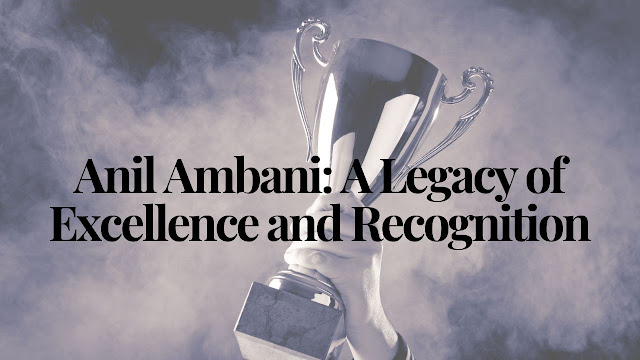The Ambani’s Qualifications and Diverging Fortunes
The Ambani family is synonymous with wealth and power in India. Mukesh Ambani, the elder brother, leads Reliance Industries, a sprawling conglomerate encompassing everything from petrochemicals to telecom. Anil Ambani, the younger brother, has had a more turbulent journey, facing setbacks and financial losses in recent years. However, the story behind their success, or lack thereof, is not solely defined by their current positions. Let's delve into the educational backgrounds of the Ambani brothers and how it might have shaped their paths. Mukesh, the elder son, completed a Chemical Engineering degree from the prestigious Institute of Chemical Technology (ICT) in Mumbai. This technical background proved invaluable when he joined his father's business, Reliance Textiles, and later spearheaded its diversification into petrochemicals and other sectors. Anil, on the other hand, pursued a different path. He earned a Bachelor of Commerce degree from Mumbai
This technical background proved invaluable when he joined his father's business, Reliance Textiles, and later spearheaded its diversification into petrochemicals and other sectors.
Anil, on the other hand, pursued a different path. He earned a Bachelor of Commerce degree from Mumbai University and later enrolled in an MBA program at Stanford University. This focus on business management equipped him to handle the financial and strategic aspects of the Reliance empire.
The brothers' educational choices reflected a strategic division of labor within the company. Mukesh, with his technical expertise, oversaw the core operations, while Anil, the business strategist, managed growth and diversification. This division worked well for a while, propelling Reliance to new heights.
However, in 2004, a bitter feud erupted between the brothers following their father's passing. The Reliance empire was split, with Mukesh retaining control of the core energy and petrochemicals business. Anil received Reliance Communications, the telecom arm, and Reliance Infrastructure, which dealt with power and financial services.
This separation marked a turning point in their fortunes. Mukesh, with the established Reliance brand and a strong focus on core competencies, continued to flourish. Reliance Industries became a global giant, and Mukesh himself, the richest person in Asia.
Anil's journey, however, was fraught with challenges. Reliance Communications, facing intense competition and a high debt burden, struggled. Other ventures under his leadership, like Reliance Infrastructure, also encountered difficulties. While the reasons for these setbacks are complex, some argue that Anil's focus on rapid expansion might have overshadowed operational efficiency.
It's important to acknowledge that education is just one piece of the puzzle. Business acumen, market dynamics, and a bit of luck all play a role in achieving success. While Mukesh's technical background might have provided a solid foundation for managing complex operations, Anil's business education likely equipped him to identify and pursue new opportunities. Perhaps the key takeaway isn't a direct comparison, but rather, a testament to the diverse skills a family business can benefit from.
The Ambani story is a fascinating case study. It highlights the importance of education, strategic planning, and the ability to adapt to changing market conditions. While one brother thrives at the helm of a global giant, the other navigates a path of setbacks. Their contrasting fortunes serve as a reminder that success is a multifaceted equation, where educational qualifications are just one of the many variables at play.




Comments
Post a Comment